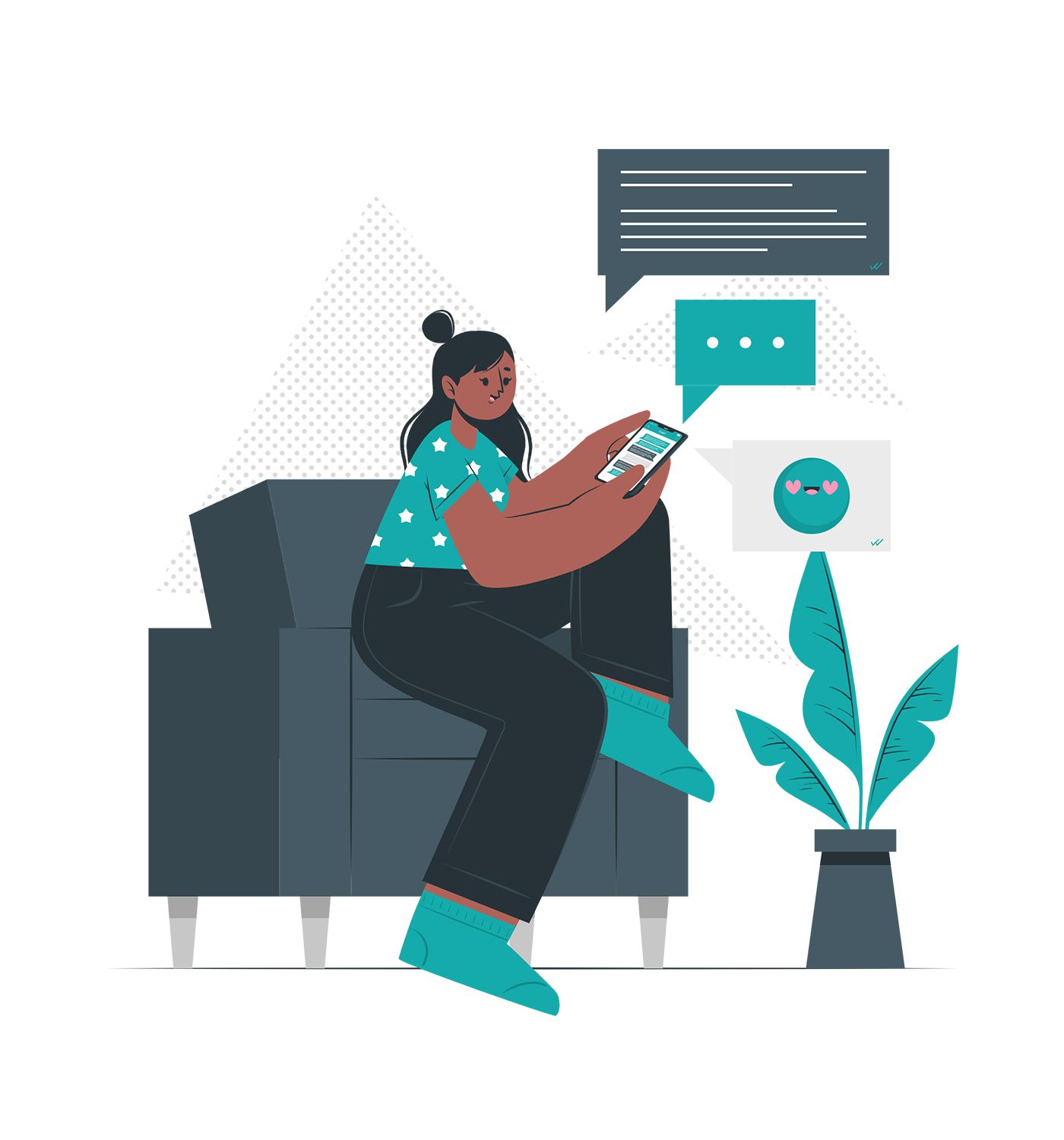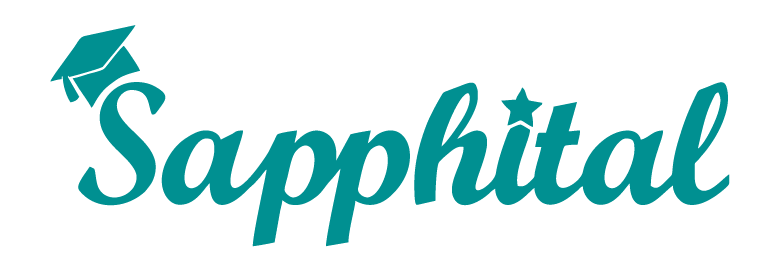Toby Don-Pedro
Technology in Education
Drag to resize
An Evaluation on the Effectiveness of Online Education
Online education is an emerging learning tool that utilizes the power of digital technology to meet the growing needs of teachers and students all across the globe. With this new trend has come fringe benefits, as well as new challenges in comparison to the traditional face-to-face classroom setting. This paper presents a study to evaluate the effectiveness of online education, relative to the performance of conventional learning.

The recent development of online education has provided opportunities for a rapidly expanding climate in education and training, there is no doubt that institutes are increasing their emphasis on online education.
Along with the general economic benefits, other perks such as convenience, self-paced learning, and the variety of available educational resources, have made online learning a priority for organizations.
Along with the general economic benefits, other perks such as convenience, self-paced learning, and the variety of available educational resources, have made online learning a priority for organizations.
The Initial achievements of online education have partially proved its outstanding features, but in order to evaluate the effectiveness of online education, otherwise known as E-learning. Moreover, we must factor the pros and cons of E-learning to both students and instructors into our evaluation.
Well-organized digital classroom
The dawn of online education has given instructors the leverage to become more efficient educators by providing a number of tools (learning management systems, lesson recordings, videos, PDFs, podcasts, etc.) as part of their lesson plans. Thus, online education goes beyond the borders of traditional textbooks, but rather creates an accessible, well-organized digital classroom. The collation of instructor’s resources makes for a broader database and repository from which students all over the world can access their academic resources.

Students vary in learning styles, that is to say, everyone has different learning pathways. A lot of students are visual learners, while others are comfortable just listening to audio lessons. Similarly, some students thrive in traditional settings, and others do well on their own. Online education with its range of options can be customized in countless ways to fit the needs of students, be it group or individual learning. The effectiveness of online education would ultimately be judged by the result it brings to students without the bias of the time, space, and cultural barriers.
The significance of learnability cannot be overemphasized. Only well-crafted courses with the right learnability can help learners perform better and help students meet their goals.
Learnability of online courses can be defined as the ease and speed with which the learners can acquire the required information/knowledge/skill (Reference + Bibliography). There is an associated aspect that we need to be mindful of, that is, the scope of learnability. Once this measure, we can assess the progress from knowledge acquisition to application reflected as performance gain.
The scope of learnability can be looked at in two ways:
Learnability of online courses can be defined as the ease and speed with which the learners can acquire the required information/knowledge/skill (Reference + Bibliography). There is an associated aspect that we need to be mindful of, that is, the scope of learnability. Once this measure, we can assess the progress from knowledge acquisition to application reflected as performance gain.
The scope of learnability can be looked at in two ways:
1. Initial Learnability: Initial Learnability applies to the performance over a single, short-term usage period.
2. Extended Learnability: Extended Learnability applies to the performance change over time.
The significance of learnability is evident. Only well-crafted courses with the right learnability can help learners perform better and help organizations meet their goals.
The effectiveness of any kind of learning can be clearly spotted by carefully understudying the results that follow.
Three major categories to be considered are:
Three major categories to be considered are:
1. The quality of educational content
2. The quality of educational technologies
3. and the quality of the results of education
These criteria’s by themselves vary from one institution to another but the fact remains that e-learning becomes effective when learners can maximize the utility of their institution’s digital resources
Studies have revealed that learners lose up to 40% of their time due to "frustrating experiences" with courses. The common causes being missing, hard to find, unusable, and irrelevant features of the course. Similarly, a study carried out by Federico Borges found that learners get frustrated due to a variety of reasons including the learning strategy used, lack of prompt feedback, the school culture, the learning material that was designed, and so on (Pandey, 2017).
Additionally, in today’s climate, the Covid-19 pandemic has caused tectonic shifts in the way we think about business, entertainment, hospitality, and very importantly, education.

Take education for instance. Soon after it became clear that this was no passing virus, educational institutions started the move towards online teaching – and students and professors adapted rather quickly to the changing methods of teaching, learning, and grading. This success, however, has led to widespread speculation that the pandemic has sparked a transformative change, especially in higher education – with many claiming that the future of college education is online.
Irrespective of how convenient e-learning maybe, a wholesome education must account for the social knowledge one acquires from experiences on a university campus. The level of dis-interaction when e-learning indeed takes away from the grandeur of immersive university education. As such we can determine that university is not only about textbook learning and lectures in class – it’s also about the holistic experience of living on campus; it’s about making lifelong friends and communicating with people from diverse parts of the world; it’s about having fervent debates late into the night over copious cups of tea; it’s about sociability and adaptability – about learning to live alone in a new culture, new city, or even new country. It teaches you to be independent, as you move away from the comfort of your home – online college strips a student of these valuable life lessons.
Also, living experiences aside, in-class learning is also irreplaceable. Being in class, for instance, and asking a question teaches you a certain confidence, with debating and discussing ideas spontaneously instead of typing in anonymous questions. Not being on campus takes away the post-class discussions – arguing with a friend over dinner about a point made in class. It takes away the ability of students to come together, engage, discuss and create bonds with one another – forming friendships online is simply not the same as forging face-to-face bonds and understanding different kinds of people, contexts, and cultures.
Digital learning also takes away another crucial aspect of campus life – the opportunity to find new interests and learn new skills by joining clubs and societies. Students sitting at home cannot participate in events like performances, competitions, fairs, and mixers that allow them to explore new fields, and develop other aspects of their personalities.
It’s true that online learning has transformed the education world, with platforms like Coursera and EdX enabling those living in remote parts of the world to access university courses. But, what must be understood also, is that online learning is a fundamentally elite concept. To effectively learn anything that is being taught, it presupposes that one has the means and technology required to avail of it – a well-functioning laptop, high speed, and stable internet, and an empty room to sit for ninety minutes at a time without any disruptions or disturbance. These prerequisites are both highly discriminatory and extremely exclusive – if one cannot pay for a good Wi-Fi connection, or lives in a situation where they cannot get a private, undisturbed area for themselves, online learning can be a challenge. Only those who have the right ecosystems can truly make the best of online classes.
Outside of financial constraints, there also exist social constraints that students from across the world may have to deal with. Students across universities have spoken about mental health conditions that often have triggered at home – for many campus life is an escape from emotional triggers, underlying mental health conditions, as well as family problems. Also, being at home could mean leaving students in a suboptimal learning environment – even those with no underlying triggers or condition often claim that it is difficult to focus on academic reading and tasks when at home since they’re often asked to focus on chores and given other responsibilities at home.

A college campus is crucial as a place to facilitate learning – one that creates an environment where students can focus and learn. It serves as an equalizer, where everyone has access to the same structures, services, and resources – including Wi-Fi connections, study spaces, books and libraries, and even one-on-one interactions with professors and counseling centers. This makes social and financial disadvantages significantly less prominent and is too grave to discount when considering the future of education.
While it may be easy to adapt to online learning for mainstream theoretical subjects, that is not the case for an array of disciplines and fields that students seek to specialize in. Online learning takes away valuable resources such as lab facilities and studios -resources that are essential for some subjects and cannot be recreated at home. For vocational majors like theatre, film, music, dance (the list is endless) – the switch to online learning is taking away more than it can provide. Being on campus also allows classes to have field visits in the area of their study, allowing them to observe real-life applications of the subjects they are studying. This, too, cannot be replaced by online classes.”
Summary
What we seem to be moving towards, is a hybrid model of learning – a mix of online and offline. While in-campus teaching will definitely return (maybe not as soon as we’d like, but return it will), there will also be a wealth of options available online, for those who prefer it.
Conclusion
Will one take precedence over the other? Not really – because both have the unique characteristics that make them worthwhile. People will learn to use the two together. However, when it comes to the debate of one over the other specifically for college education, the truth is that online learning can never really replace an on-campus experience.
Reference
Can Online Learning Replace Traditional Education? | Leading Global Education, Learning, and Investment Services. (2020). Retrieved 28 March 2021, fromhttps://tcglobal.com/insights/can-online-learning-replace-traditional-education/
Gautam, P. (2020). Advantages And Disadvantages Of Online Learning - eLearning Industry. Retrieved 28 March 2021, fromhttps://elearningindustry.com/advantages-and-disadvantages-online-learning
Hew, K., & Liu, S. (2004). Online Education Evaluation: What Should We Evaluate?. Retrieved 28 March 2021, fromhttps://files.eric.ed.gov/fulltext/ED485142.pdf
Pandey, A. (2017). How Can You Measure The Learning Effectiveness Of Online Courses And Create A Positive ROI? - EI Design. Retrieved 28 March 2021, fromhttps://www.eidesign.net/can-measure-learning-effectiveness-online-courses-create-positive-roi/
Patterson, J. (2018). Evaluation of online learning effectiveness growing in importance. Retrieved 28 March 2021, fromhttps://www.highereddive.com/news/evaluation-of-online-learning-effectiveness-growing-in-

